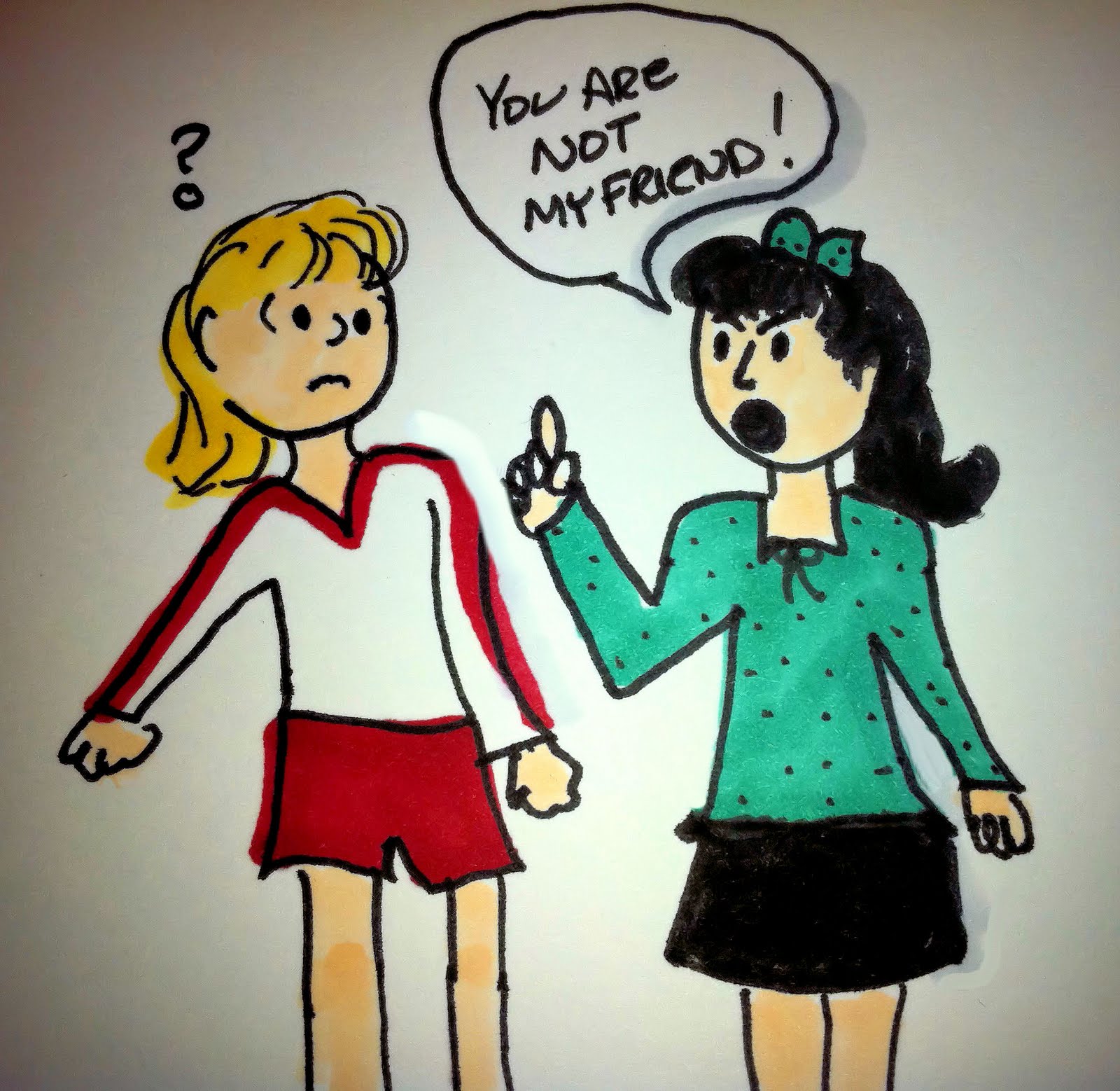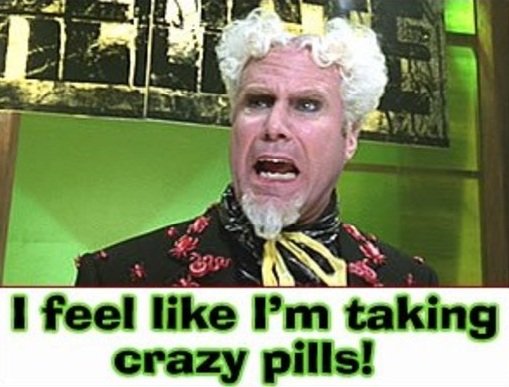modern ms manners: dealing with being “unfriended”
‘You blocked me on Facebook – now you are going to die.’ – Internet Friends by Knife Party
I have two hundred Facebook “friends”. Sure that sounds like bragging rights, if I could claim that all those people were my genuine friends in real life. However, as those who are familiar with Facebook (i.e. everyone), you will know that this does not actually mean anything. In terms of real friends I probably have less than ten, probably about five if I really think about it. So why am I content to have what is effectively an online relationship with an extra 195 people?
Firstly, it must be said that two hundred is on the smaller end of the scale. When Facebook was first made available to universities outside of Harvard (but before it became available to the masses) I loved nothing more than the idea of connecting with someone I had just met. I watched that friend counter go up and up, without thinking about any ramifications. Now, after experiencing some “friends” who got a bit “too friendly”, I make a regular habit of “unfriending” people who are not really involved in my life outside of the internet.
In 2009, “unfriend” was the New Oxford American Dictionary’s word of the year. I personally prefer the Urban Dictionary reference, which explains the process of unfriending as follows:
‘Compulsive people prune their friend list periodically, removing people that they no longer have contact with. More often though, unfriending is only done when a particular friend’s updates and self-promotions become so annoying that you can no longer stand hearing about them.’
What this means is that I now have about one hundred “unfriends”, which again surpasses any ex-friends I might have in real life. Which is fine, until my cyber world and real world happen to meet.
A couple of years ago, I was confronted by a guy who I chose not to add as an online friend. Never mind the fact that we were not actually friends in real life; we knew each other to say hello to, went to the same university and were studying the same subjects. All of these things were seemingly sufficient to establish an online relationship. Hell, as far the internet was concerned we should have probably declared our love right there and then! The problem was that in real life I did not like this guy. Not that I hated him, but he was pretentious, annoying and kind of creepy. We were not super friendly in real life, so I did not feel compelled to add him as a Facebook friend.
This was fine, until he confronted me in person about it. The question of ‘Why haven’t you added me?’ took me completely off guard. I felt like I had broken up with this guy who I never really had or wanted a relationship with in the first place, whether online or in real life. In the end, I feigned ignorance and promised to add him as soon as I next logged on.
Upon reflection, the bizarre nature of this situation became obvious to me. When did it become okay to hassle someone into becoming your friend? The scenario of ‘Hey we have a few things in common, let’s be friends online,’ does not translate comfortably into establishing a friendship in real life. If you just met someone, I doubt you would be comfortable with them suddenly wanting to come to your house and pore through your photo albums whilst quizzing your mum on your adolescence. The internet has blurred the line of what may be appropriate online and what is appropriate in real life.
Facebook’s quirky cousin Twitter is based on the premise that someone says something interesting or funny in 140 characters or less. If you like what this person said, you can opt to “follow them”, meaning in online terms, subscribing to their updates. In real life, you cannot go around following people just because they may have said something witty. This is called stalking. The same goes for pushing yourself as a friend onto an unwilling recipient, whether in real life or not.
Whilst Facebook itself has attempted to respond to this issue by offering settings such as limited profile, acquaintances and the option to unsubscribe from a friend, I think these all miss the point that you should not have to be a friend of someone that you do not want to be friends with. All these functions attempt to ease the blow of unfriending someone, when really, if you think about it, you are not even real friends in the first place! Anyone else?
So how do you deal with unfriending an internet friend?
- Evaluate what your Facebook page is for – if it is merely for a bit of fun and you do not have too much personal information up there, then it probably does not matter that you have 1200 friends.
- Be mindful of who can access what – it is quite common for employers to run a search on prospective employees, to see what information they choose to upload about themselves. If you would not want your grandmother to see what you have posted, then it is probably best to reconsider.
- Ask why you are “friends” with this person – Go through your friend list and ask whether you would speak to this person in real life. If the answer is no, then you must ask why you would want to list them as an online “friend” in the first place.
- If you have been the object of an unfriending, do not take it personally. Know that it is probably not a reflection of you as a person, but perhaps your ex friend just wanted to wind things back a little with you from being online friends to, well, not online friends. Either that or your statuses are just plain annoying.




See, I think a lot of the drama around Facebook friending and unfriending is simply because Mark Zuckerberg decided that the people you allow access to your profile on Facebook would be called “friends” rather than, say, “contacts”. I think if we had FB contacts (which is really a more apt term for the level of interaction we have with most of our FB friends) rather than FB friends, people wouldn’t get uptight about having 500 facebook friends, nor would they feel the need to cull their friends list periodically.